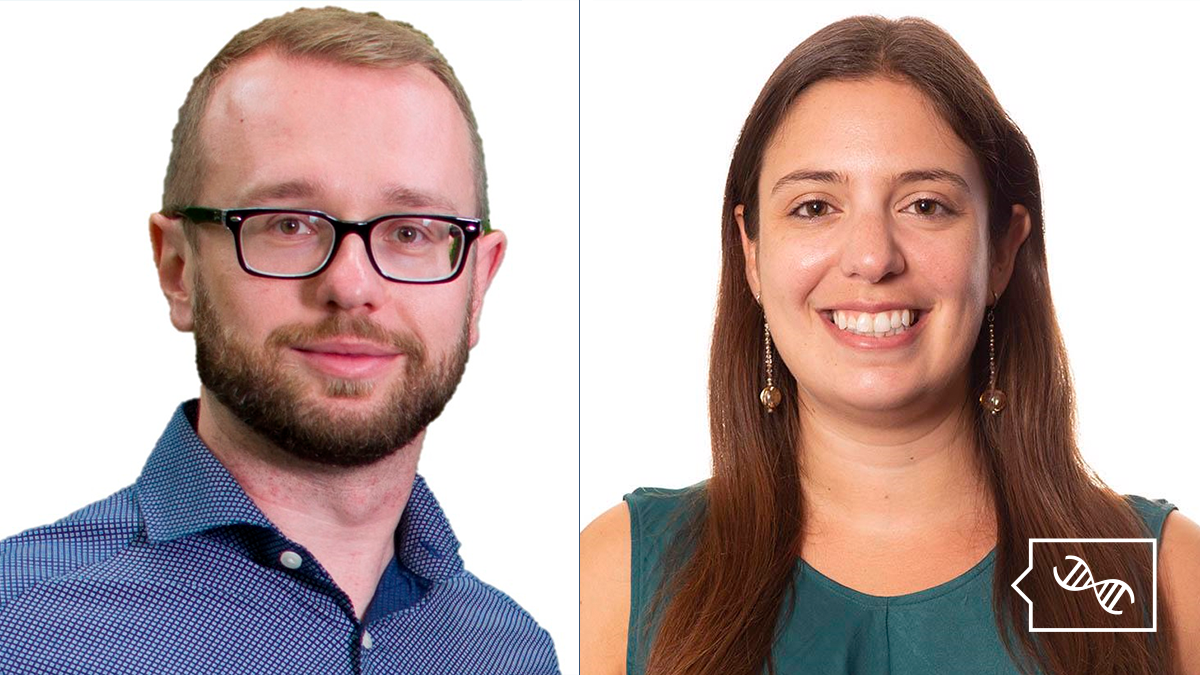Recent technological advancements, changes to standards of practice, and increased utilization of genome-wide testing have had profound impacts on the diagnostic yield in pediatric genetics. However, this wealth of testing options and emerging technologies has made selecting the right assay challenging, and the consequences severe if the wrong technology is employed, sometimes resulting in prolonged or missed diagnosis. To ensure practioners are prepared with the latest methods and technology to improve the diagnostic yield, PhenoTips invited Dr. Austin Larson, Dr. Loren Peña, and Dr. Amanda Barone Pritchard to share their insights.
Dr. Austin Larson practices at Children’s Hospital Colorado and is on the faculty of the University of Colorado School of Medicine. He is board-certified in pediatrics, medical genetics and biochemical genetics, and acts as the program director for the Medical Genetics and Genomics residency program. His clinical and research interests include mitochondrial diseases, congenital disorders of glycosylation, rural outreach, and the application of new diagnostic techniques in the clinic and inpatient settings.
Dr. Loren Peña is a clinical geneticist with over 10 years of experience. She was an investigator in the Undiagnosed Diseases Network at the Duke University site, and was part of the team that described new genes involved in human disease, such as ASXL2 and IRF2BPL. She is also a clinical trialist who is interested in innovative approaches to treat rare disorders, particularly neurological conditions. She has been the principal investigator for several studies that utilize DNA and RNA-based methods to treat inherited conditions, and is glad to participate with families in the diagnostic journey and to be able to provide hope in the form of promising treatments for affected patients and their families.
Dr. Amanda Barone Pritchard is an Assistant Professor of Pediatrics in the Division of Pediatric Genetics, Metabolism, and Genomic Medicine within the Department of Pediatrics at University of Michigan Health. She also serves as Associate Program Director for Medical Genetics and Genomics and Medical Biochemical Genetics training programs at the University of Michigan. In addition to providing clinical care, her research interests include clinical trials in inborn errors of metabolism and delineation of new genetic disorders. Dr. Pritchard is board certified in pediatrics, medical genetics, and medical biochemical genetics.
In this panel discussion, Dr. Loren Peña, Dr. Amanda Barone Pritchard, and Dr. Austin Larson, address:
-
Challenges in current diagnostic journeys
-
The latest technological advancements in the field
-
Predictions for the future of genetic testing landscapes
-
Changes to the infrastructure required to improve the diagnostic yield

